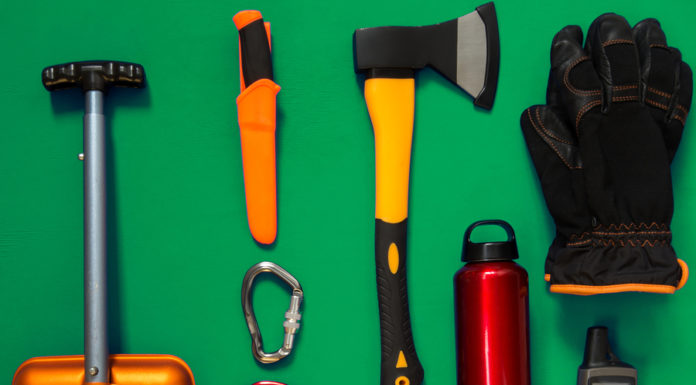It’s easy to believe that famine will never strike us in the west. We have plenty of food and supplies and good climate in the countries in which we live. We’d also surely love to believe that in times of strife others will quickly come to provide. This may or may not be true. Famine can be caused by multiple factors from droughts and infertile soil to EMP. Anything can happen, so here are some ways YOU can be prepared.
1. Stock up on Emergency Supplies
It goes without saying but you should always have ample emergency supplies. The more you can store and keep the better. Good emergency supplies include less perishables foods such as foods that are dried, canned, or even jarred as well as kept in airtight packages. You may also have frozen food, but this may be problematic in the case of power outages.
2. If Possible Work With Others to Survive
In a survival situation being the most prepared neighbor may cost you dearly. Being prepared while others are not may be your greatest downfall. After awhile people will take notice if you are the only one in the neighborhood not suffering. In this case unprepared individuals may group together to overtake those like us who were smart. It may be beneficial to get together with friends and neighbors to come up with a plan and system to help everyone prepare so you don’t find yourself standing as a lone wolf.
3. Grow your Own Food
Growing your own food may be difficult but extremely beneficial as you’ll have access to renewable resources. You will want to research famine and drought resilient foods as well as alternative sources of water and critical goods like fertilizer.
4. Look Out for Emergency Relief
It’s best to keep yourself informed on current events. If you have access to a radio or any other media device that can keep you connected, utilize that tool. In some cases private charities as well as government organization may announce that relief is on the way. Make sure you are aware of times and locations so you can utilize these benefits.
5. Be Discreet
As we mentioned unprepared neighbors may take notice when you are not suffering as much as they are. Whatever you do, do not flaunt your preparedness. Don’t let your left hand know what you’re right hand is doing. Garden, grow, hunt, and store your emergency supplies in secret as much as possible except from those you absolutely trust and are able to work together with.
6. Arm Yourself
Along that same vein you will want to be armed with any weapons you can to defend yourself, your family, and of course your supplies with your life. Keep plenty of weapons both firearms and non-firearms and of course plenty of ammunition.
7. Hunting and Fishing
Living off of the land and wild game is not always easy but it will be well worth your investments and efforts. If you don’t know how to hunt and fish now is a good time learn. Make sure you utilize multiple methods to do so as well stocking up on the appropriate equipment. You’ll also want to learn what wild game are in your area both large and small, and if worst comes to worst what smaller and animals and insects may be edible and sustainable.
8. Be In The Know
Knowledge is power and one article can only teach you so much. Inform yourself on these tips and other options for survival by researching, reading, listening to other survivalists, investing in books on the subject, and any avenue of knowledge that is available to you now and may not be later. Your food may disappear either through use or theft, but your knowledge is with you forever.
9.Manage and Conserve Supplies
Make sure to come up with a family plan that involves determining how much supplies you need to survive each day. Food and water should be rationed according to each person’s need and as much as possible always stick to the plan no matter how much temptation may come to digress.
10. Storage is Everything
As mentioned before keep everything in an airtight and durable containers. Ideally invest in canned goods and less perishable food items. If you have power preserve freshness using freezing and refrigeration (maybe invest in a generator to do so) when these options are no longer available remember to store your food carefully and make sure to use perishable food items first and early on.







